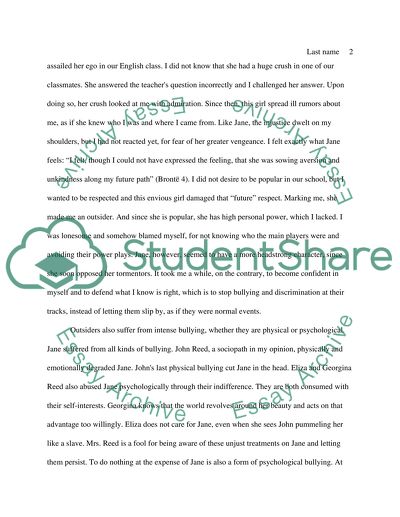Cite this document
(“Essay on Electra by Sophocles Example | Topics and Well Written Essays - 1250 words”, n.d.)
Retrieved from https://studentshare.org/literature/1435485-electra-sophocles
Retrieved from https://studentshare.org/literature/1435485-electra-sophocles
(Essay on Electra by Sophocles Example | Topics and Well Written Essays - 1250 Words)
https://studentshare.org/literature/1435485-electra-sophocles.
https://studentshare.org/literature/1435485-electra-sophocles.
“Essay on Electra by Sophocles Example | Topics and Well Written Essays - 1250 Words”, n.d. https://studentshare.org/literature/1435485-electra-sophocles.


